Global Finance Lessons That Shape Economic Understanding
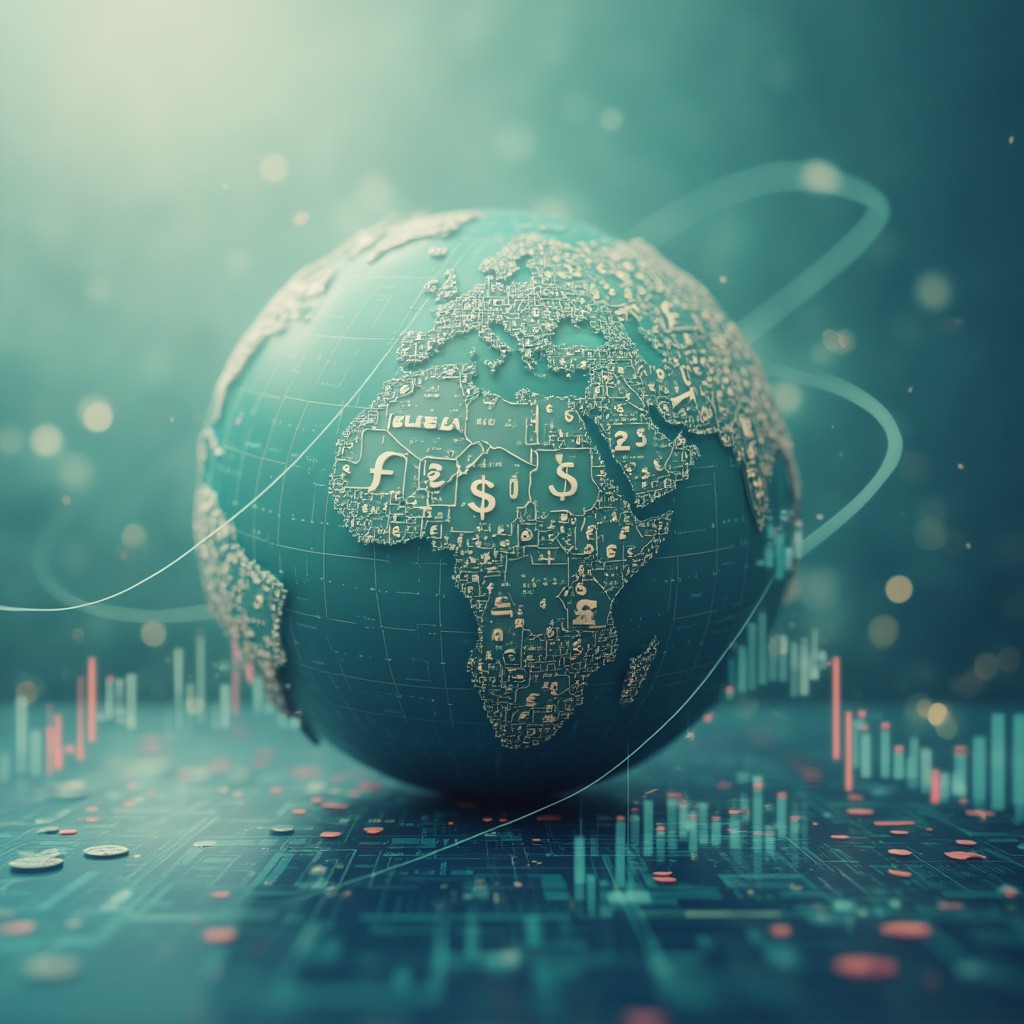
Global finance isn't just about stock tickers or currency exchanges it's the backbone of how nations grow, trade and handle crises. From the power of the U.S. dollar to the rise of smart cities these lessons show how connected economies adjust to challenges like political conflict and climate change. Whether you're a policymaker or a curious investor understanding these dynamics gives you a roadmap for thriving in a world that keeps changing. Let's dive into the key insights shaping our economic future.
Key Lessons From Global Finance

The Role of Reserve Currencies
The U.S. dollar's power isn't just a symbol it's built in. Nearly 90% of global foreign exchange deals use the dollar, giving America big influence over trade and money rules. For example oil prices tie to the dollar, making economies depend on it. When Russia invaded Ukraine the SWIFT bank ban showed how control of the dollar can cut off nations overnight. As economist Barry Eichengreen says "No other currency has the cash and size to match the dollar yet." Emerging options like China's yuan or local trade groups point to a split future.
Financial Institutions as Stability Tools
The IMF and World Bank were made to steady economies but often get criticized for tough loan rules. During the 1997 Asian financial crisis the IMF's strict spending cuts worsened recessions in Thailand and Indonesia. Yet these groups also push progress after COVID since the IMF's $650 billion help let countries avoid collapse. The World Bank's focus on weather-proof infrastructure in Africa shows their changing role in green growth.
Influence of Geopolitical Tensions

Trade Wars and Supply Chains
The trade war between the US and China changed global supply chains. Tariffs on steel increased costs for US makers while China turned to growing markets like ASEAN countries. Retaliatory actions upset sectors from farming to tech showing that protectionism can backfire. For example, US tariffs on washing machines drove up consumer prices by 12% while adding less than 2,000 jobs.
Energy Markets in Conflict Zones
Tensions in the Middle East or Russia's energy cuts to Europe show how global politics affect energy prices. When oil supply falls short, global inflation rises quickly, hurting households and shaking markets. Cities like Tangier in Morocco do well by acting as transport centers less affected by regional changes.
Role of International Institutions
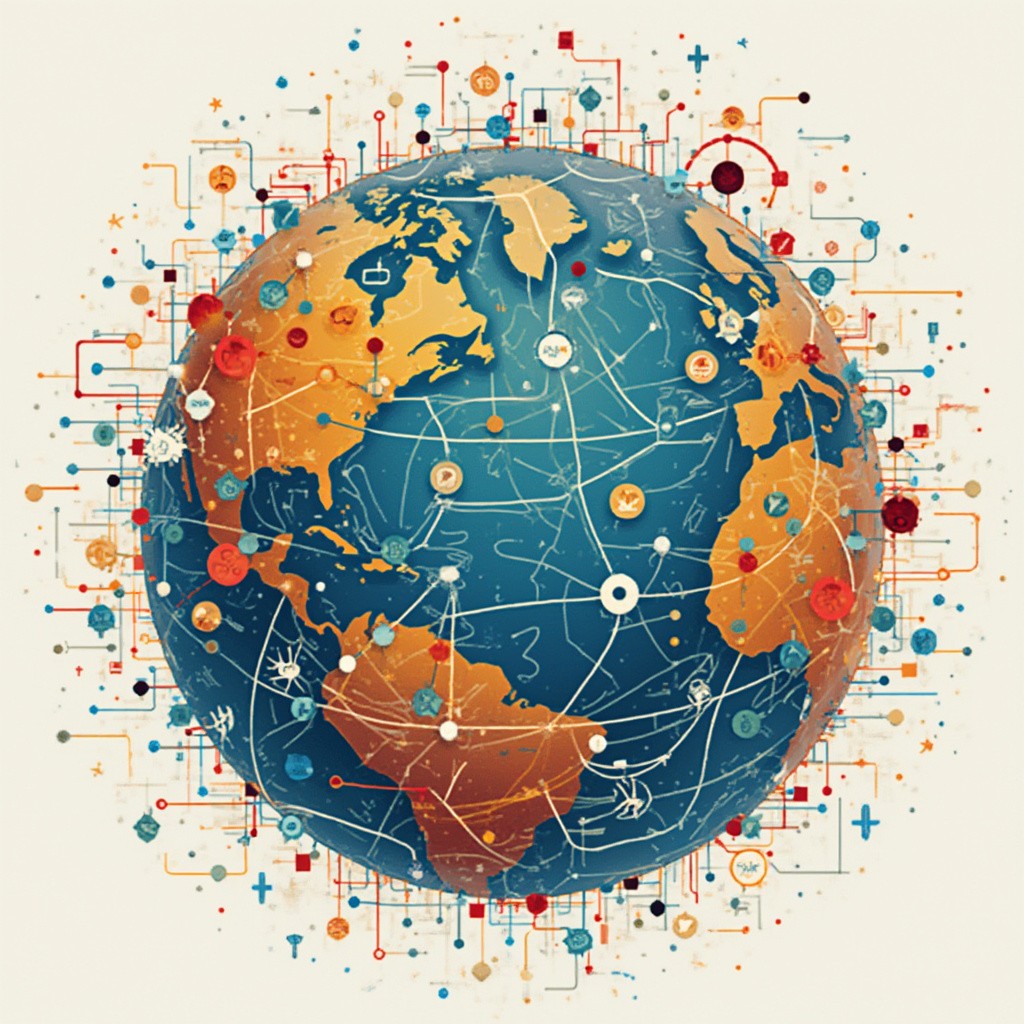
IMF Crisis Management
The IMF's COVID-19 response had $650 billion in emergency funds that helped keep currencies steady from Argentina to Zambia. But its one size fits all approach often ignores local details. After the pandemic, its focus moved to helping countries handle climate change by offering debt breaks for green shifts in at-risk nations.
World Bank Development Focus
From India's rural electrification to Brazil's urban mobility projects the World Bank fills infrastructure gaps. Its "Scaling Solar" initiative in Africa cut energy costs by 50% while drawing in private investors a model for steady growth.
Effects of the U.S. Dollar’s Dominance
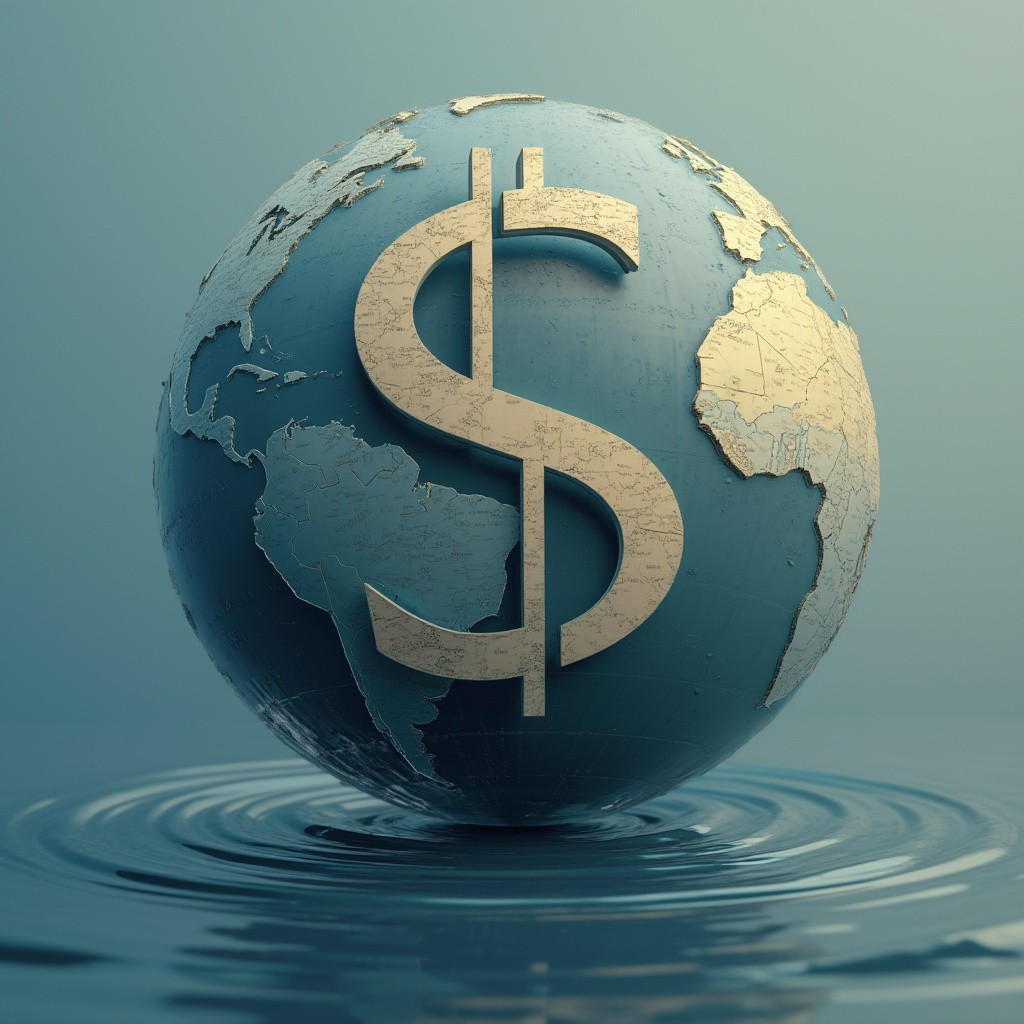
Trade Invoicing Challenges
A strong dollar makes U.S. exports costlier but protects importers during times of change. Emerging markets like Turkey suffer when debt based on the dollar can't be paid during currency crashes.
Safe-Haven Asset Dynamics
Investors rush to dollars during crises but this flight to safety leaves emerging markets short on capital. Countries like Egypt now prefer borrowing in their own currency to avoid falling into dependency traps.
Insights From Emerging Markets
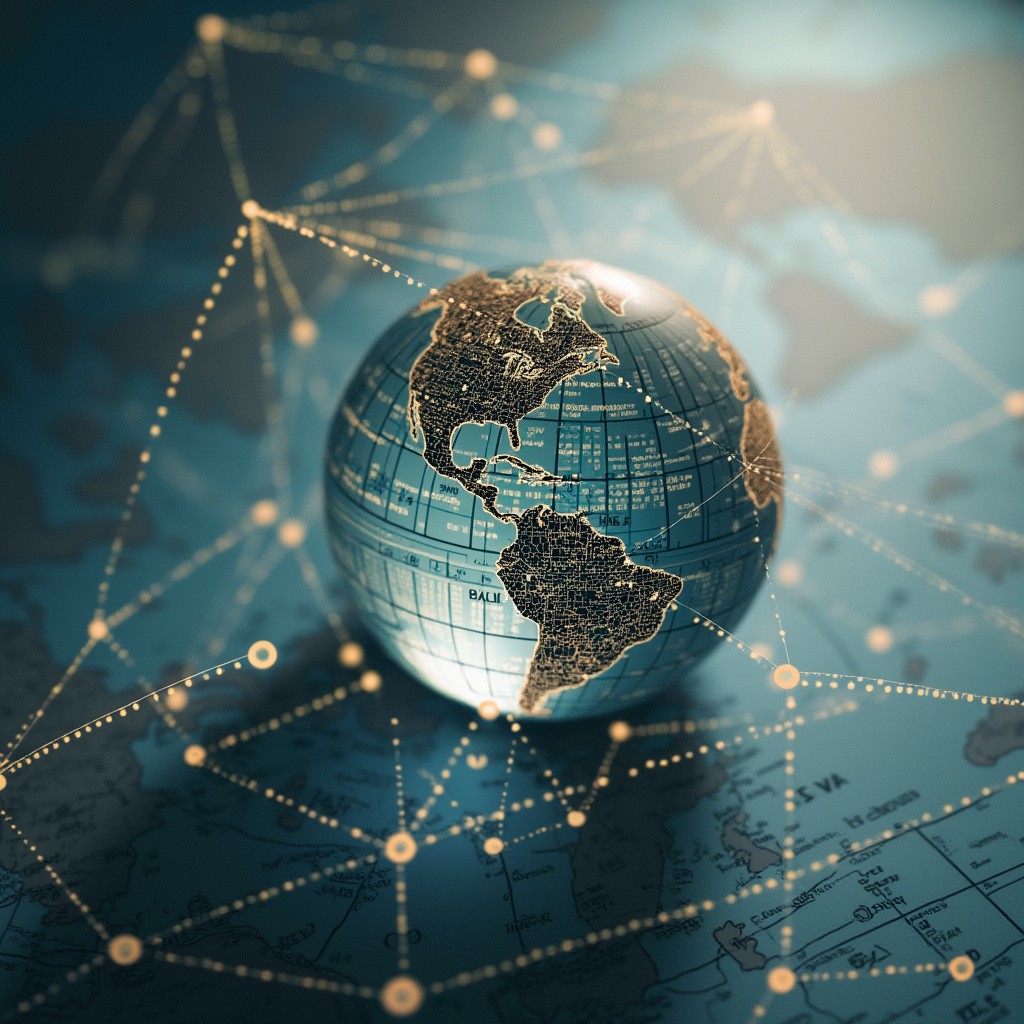
Resilience Through Domestic Demand
India's growing middle class drives tech startups and consumer goods growth even with global slowdowns. By focusing on local markets, EMs shield against outside shocks.
Countercyclical Policies
Brazil's stimulus packages during COVID-19 revived industries faster than advanced economies. Flexible fiscal policies let EMs quickly shift to new opportunities like green manufacturing.
Principles of Behavioral Economics
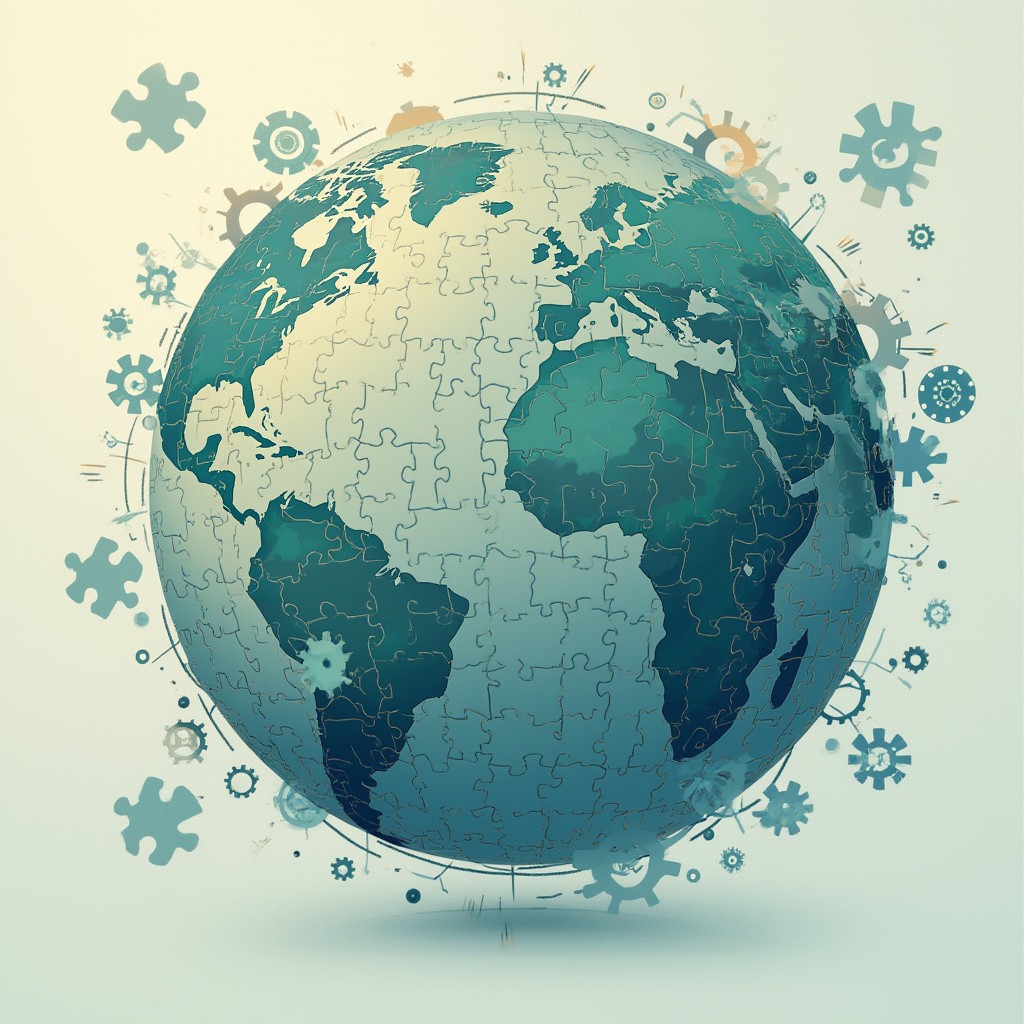
Cognitive Biases in Finance
Fear of loss explains why investors hold on to losing stocks while their focus on immediate rewards harms retirement savings. Apps like Acorns use round-up features to encourage users toward better habits.
Herd Mentality in Markets
Meme stock frenzies or crypto bubbles show how group thinking can lead to unwise trends. Recognizing these patterns helps investors avoid trouble.
Consequences of Protectionist Measures
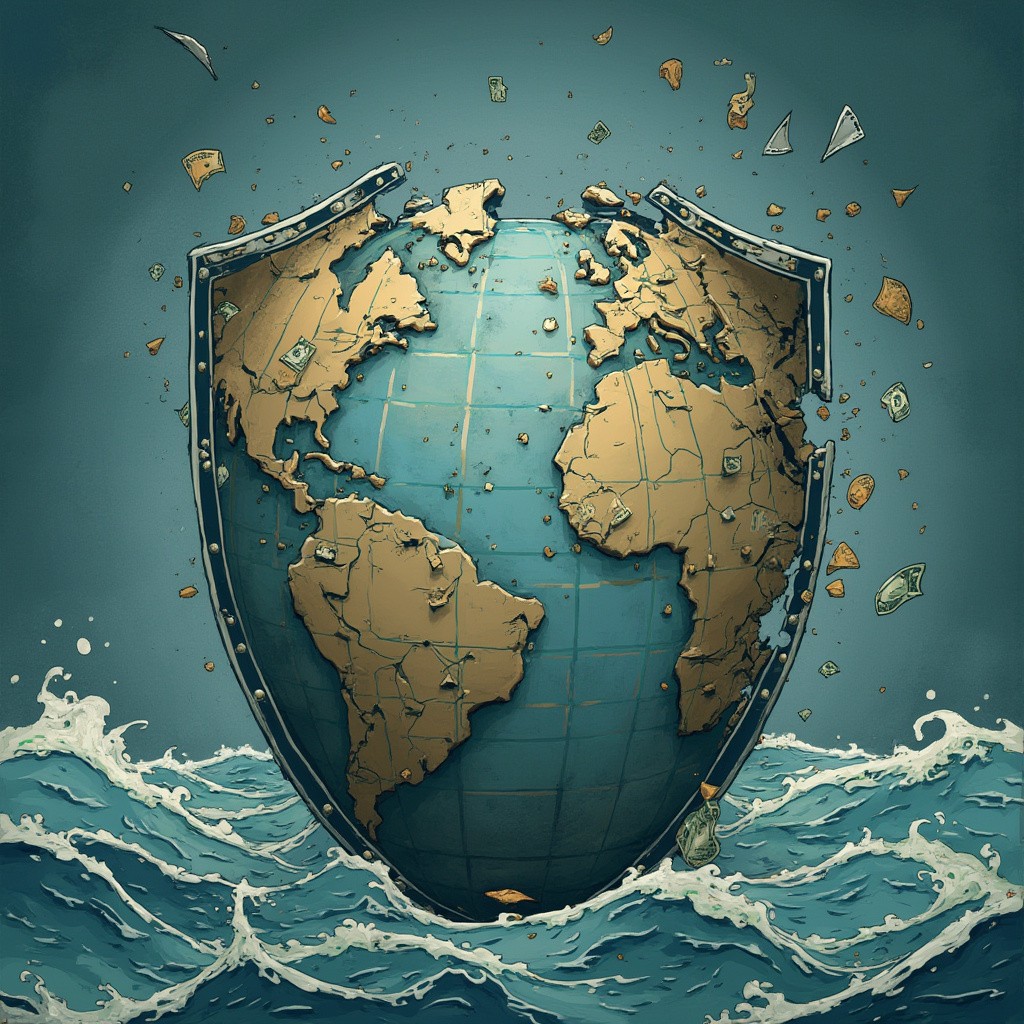
Local Economic Fallout
Tariffs shield industries but they raise consumer prices. US steel tariffs bumped prices for car makers while EU actions against Kentucky bourbon hurt both sides.
Global Diplomatic Strains
Trade wars damage trust. China's Belt and Road now competes with Western ideas which splits global government into fighting groups.
Leveraging Infrastructure and Mobility

Smart City Innovations
Singapore's IoT-based traffic systems cut traffic jams by 20% and Copenhagen's bike highways lower pollution. These centers draw talent and investment by focusing on livability.
Transit-Oriented Development
Tokyo's Shinjuku Station mixes retail, offices and transit, forming a $1 billion economic hub. Cities that invest in TODs see property values go up 25% faster than in spread-out areas.
FAQ
What is the significance of global finance in shaping economic understanding?
Global finance plays a crucial role in shaping economic understanding by facilitating international trade, investment, and capital flows. It helps governments, businesses, and individuals understand the interconnectedness of world economies, manage risks, and allocate resources more efficiently.
How do exchange rates influence global economic relations?
Exchange rates determine the value of one currency in relation to another and directly impact international trade and investment. Fluctuations in exchange rates can affect a country's export competitiveness, trade balances, and inflation rates, making them a vital aspect of global economic relations.
What lessons can be learned from past global financial crises?
Past global financial crises have taught valuable lessons, such as the importance of maintaining financial regulation and oversight, understanding systemic risks, and the necessity of international cooperation to address economic imbalances and prevent future crises.
How does globalization affect financial markets?
Globalization leads to increased integration and interdependence of financial markets across the world. It enhances capital mobility, diversification opportunities, and access to new markets, but also creates challenges like increased volatility and the rapid transmission of financial shocks.
What role do international financial institutions play in the global economy?
International financial institutions, such as the International Monetary Fund (IMF) and the World Bank, play a vital role by providing financial assistance, technical support, and policy advice to countries. They aim to promote global economic stability and growth, reduce poverty, and foster international cooperation.
Conclusion
Global money lessons show us that being flexible is key to surviving. From the strong dollar to smart cities the mix of rules, mindsets and systems builds success. Whether facing trade conflicts or climate threats these lessons give you a guide to bouncing back. Ready to change your game plan? The future's for those who see the links and act.